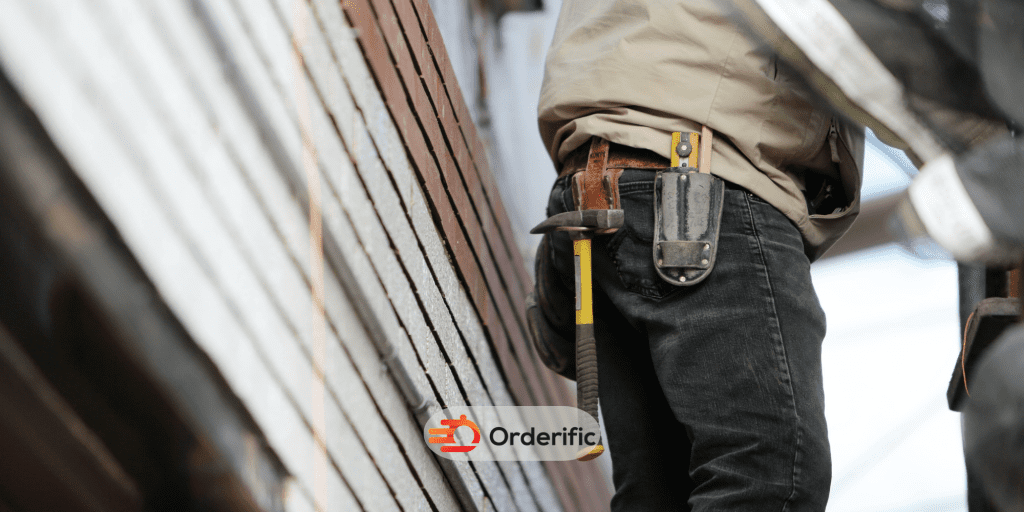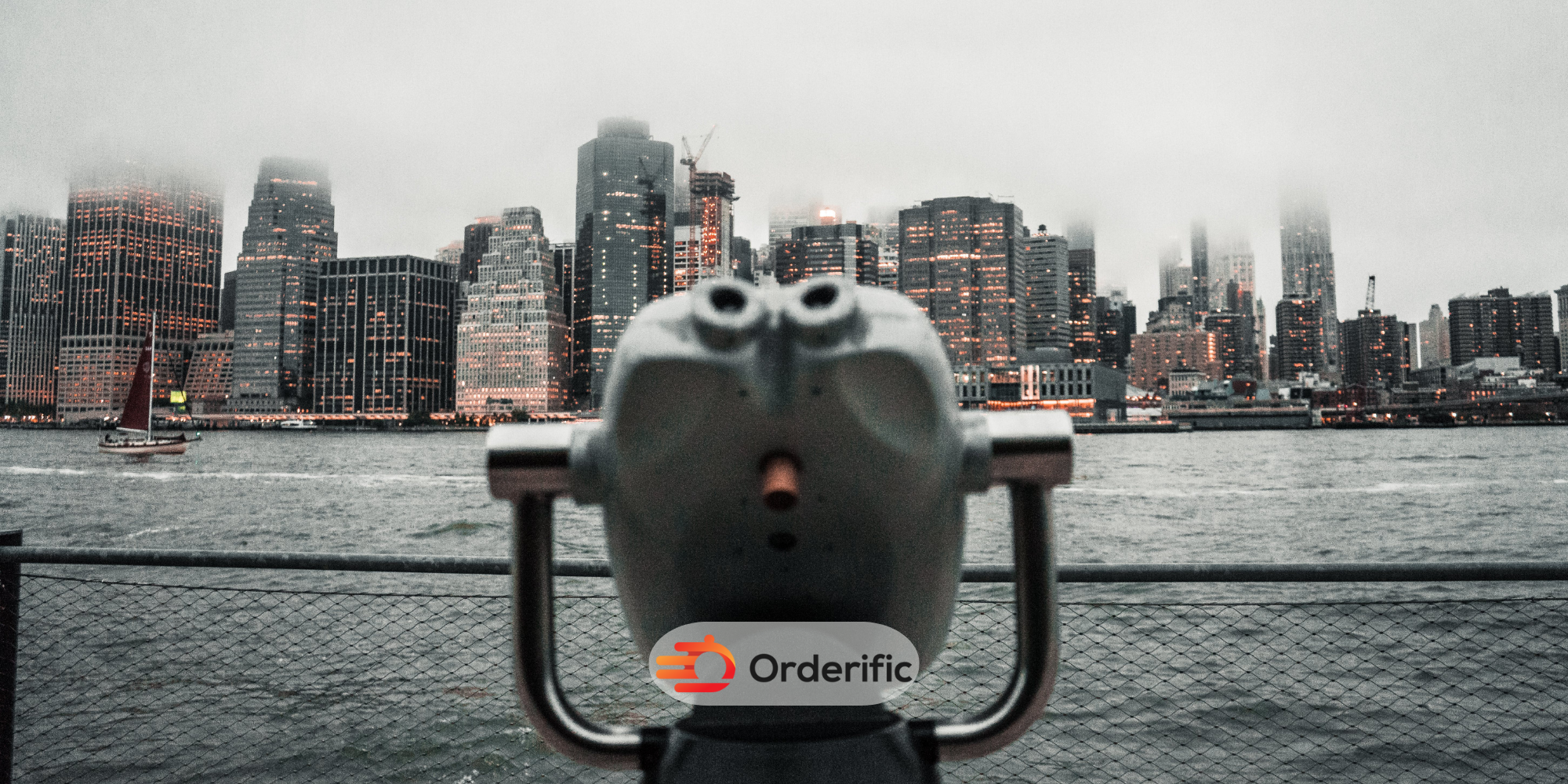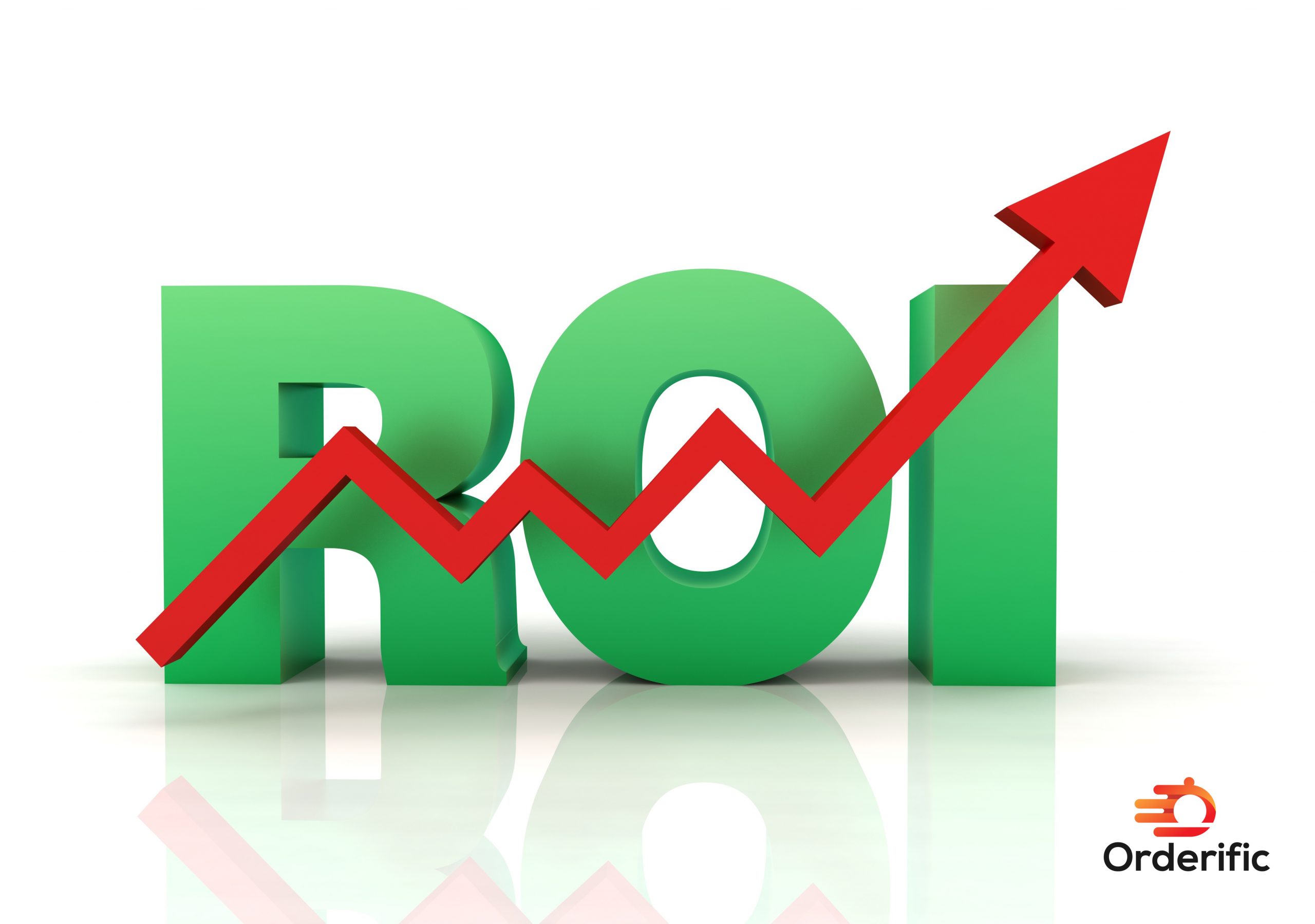New York City is one of the most influential cities in the world—from its iconic skyline to its bustling streets and diverse population. What many people don’t realize, however, is that NYC also plays an important role when it comes to labor laws and minimum wage regulations. As an employer or employee in New York City, it pays to stay informed about the current minimum wage laws.
As of January 2023, the current minimum wage in New York City for all industries and employees is $15.00 per hour. This rate applies to tipped workers whom service employees $12.50 Cash Wage and $2.50 Tip Credit. And for tipped workers in food service $10.00 Cash Wage and $5.00 Tip Credit.
NYC’s Minimum Wage Law
Beginning December 31, 2016, annual increases in the general minimum wage were determined by employment location, industry, and number of employees in New York City only. The current rate is higher than both the federal and state minimum wage and applies to businesses located within NYC city limits.
1. What is the current minimum wage in New York City?
As of January 2023, the current minimum wage in New York City for all industries and employees is $15.00 per hour. This rate applies to tipped service employees $12.50 Cash Wage and $2.50 Tip Credit. And for tipped food service workers $10.00 Cash Wage and $5.00 Tip Credit.
2. How often does New York City’s minimum wage increase?
The minimum wage in New York City is adjusted annually, and rate increases are based on the Consumer Price Index (CPI). Generally, the rate is increased on December 31. The increase for 2021 is $1.50, making the new minimum wage $15.00 per hour.
3. What is the history of New York City’s minimum wage law?
New York City’s minimum wage law started in April 2018, when Mayor Bill de Blasio signed legislation to gradually increase the city’s minimum wage. At the time, the rate was set at $9.00 per hour for all industries and employees. The new minimum wage is an increase of 7.5% above the previous New York State Minimum Wage of $13.20, which was effective from 12/31/2021 – 12/30/2022. The 2023 minimum wage for New York City, Long Island County and Westchester County remains unchanged at $15.00 per hour.

NYC’s Minimum Wage and Workers’ Rights
New York City’s minimum wage law is designed to ensure that all employees in the city receive fair wages for their work. To protect workers’ rights, employers must provide their employees with written notice of any changes to their wages or benefits. Employers who violate these laws can be subject to penalties and fines.
1. How does New York City’s minimum wage impact workers?
New York City’s minimum wage laws have helped to raise the incomes of many low-wage workers in the city. The higher wages can help improve employees’ standard of living and reduce poverty levels in the city. The laws also ensure that all employees are treated fairly and receive a fair rate for their labor.
2. What are the sub-minimum wage rates in New York City?
In addition to the $15.00 per hour minimum wage rate, New York City also allows employers to pay lower sub-minimum wages for certain categories of employees. This includes workers under the age of 20 a training wage of $4.25 per hour for the first 90 days of employment. Additionally, Full-time high school or college students who work part-time may be paid 85% of the New York minimum wage (as little as $12.07 per hour) for up to 20 hours of work per week at certain employers (such as work-study programs at universities).
3. Are there any exemptions to New York City’s minimum wage law?
There are a few exemptions to New York City’s minimum wage law. Businesses with fewer than 10 employees may be exempt from the requirement to pay the minimum wage rate if their net income is less than $500,000 per year. Additionally, businesses where tips make up more than 30% of an employee’s wages may also be exempt from paying the minimum wage.
NYC’s Minimum Wage and Businesses
New York City’s minimum wage law affects both employers and employees in the city. Employers must ensure that they are following the law and paying their employees at least the current minimum wage rate. Additionally, employers should be aware of the potential impacts that changes to the minimum wage can have on their businesses.
1. How does New York City’s minimum wage impact businesses?
The minimum wage in New York City is higher than both the federal and state minimum wages, so businesses may have to adjust their budgets accordingly. Additionally, businesses may need to adjust their payroll systems and procedures to comply with the law. The businesses should be aware of any additional costs that may arise from changes in the cost of living or inflation.
2. What are the penalties for employers who violate New York City’s minimum wage law?
Employers who violate New York City’s minimum wage law can be subject to penalties and fines. The penalties may include back pay, compensatory damages, additional wages for overtime worked, and a civil penalty of up to $1,500 per violation. Additionally, employers may face criminal liability if the violations are willful or intentional.
3. How can businesses stay compliant with New York City’s minimum wage law?
Businesses in New York City can stay compliant with the law by ensuring that their employees are being paid at least the current minimum wage rate. Additionally, businesses should consult legal counsel to ensure that their practices and procedures comply with local labor laws. They should also review any changes to the law regularly and make necessary adjustments accordingly.

NYC’s Minimum Wage and the Economy
New York City’s minimum wage law has had a significant impact on the city’s economy. The higher wages have helped to reduce poverty levels and increase consumption in businesses across the city. Additionally, studies have found that increases in the minimum wage have not led to job losses or other negative economic impacts.
1. How does New York City’s minimum wage impact the city’s economy?
New York City’s minimum wage law has had a positive impact on the city’s economy. The higher wages have helped to reduce poverty levels and increase consumption in businesses across the city. Additionally, studies have found that increases in the minimum wage have not led to job losses or other negative economic impacts.
2. What are the arguments for and against raising New York City’s minimum wage?
Proponents of raising New York City’s minimum wage argue that it will help to reduce poverty levels and improve living standards for low-wage workers. On the other hand, opponents of the law contend that increasing the minimum wage may lead to job losses and higher costs for businesses.
3. How do other cities’ minimum wage laws compare to New York City’s?
The minimum wage rate in other cities across the United States varies greatly. Some cities have adopted a higher minimum wage than New York City, while others have opted for a lower rate. Some cities may have different rules regarding sub-minimum wages and exemptions from the law. Therefore, it is important to research each city’s specific requirements to ensure compliance.
NYC’s Minimum Wage and Politics
The minimum wage in NYC law has been a major topic of debate in the city’s politics. The law is supported by many progressive politicians, while some business owners have opposed the higher wages.
1. What is the political landscape surrounding New York City’s minimum wage law?
The political landscape surrounding New York City’s minimum wage law is divided. The law is supported by many progressive politicians, including Mayor Bill de Blasio, who signed the legislation in 2016. On the other hand, some business owners have raised concerns about the higher wages and their potential impact on job growth and costs for businesses.
2. Who supports raising New York City’s minimum wage?
The majority of support for raising New York City’s minimum wage comes from progressive politicians and labor organizations. These groups contend that the higher wages will help to reduce poverty levels and improve living standards for low-wage workers.
3. Who opposes raising New York City’s minimum wage?
The main opponents of raising New York City’s minimum wage are business owners and conservative politicians. These groups argue that increasing the minimum wage may lead to job losses and higher costs for businesses. They also contend that the higher wages will push businesses out of the city, leading to a decrease in economic activity.
Conclusion
New York City’s minimum wage law has helped to raise the incomes of many low-wage workers in the city. The higher wages can help improve employees’ standard of living and reduce poverty levels in the city.
At the same time, businesses must stay informed of changes to the minimum wage law and ensure that they are taking the necessary steps to comply with the law. It is also important to consider both sides of the debate over raising New York City’s minimum wage rate to make an informed decision about what is best for workers and businesses in NYC.
You can also check out more instructional content with Orderific here. For the many benefits Orderific can give to your business, start experimenting here. Time for Orderific now!
FAQs
What is the minimum wage in New York City?
The current minimum wage in New York City for all industries and employees is $15.00 per hour.
How often does the minimum wage in New York City increase?
The minimum wage in New York City is adjusted annually, and rate increases are based on the Consumer Price Index (CPI). Generally, the rate is increased on December 31.
Who is eligible for the minimum wage in New York City?
The minimum wage applies to all employees in New York City.
Are there any exemptions to the minimum wage in New York City?
Yes, there are a few exemptions to New York City’s minimum wage law.
How does the minimum wage impact workers in New York City?
New York City’s minimum wage laws have helped to raise the incomes of many low-wage workers in the city.
How does the minimum wage impact businesses in New York City?
Businesses in New York City may have to adjust their budgets and payroll systems to comply with the law.













